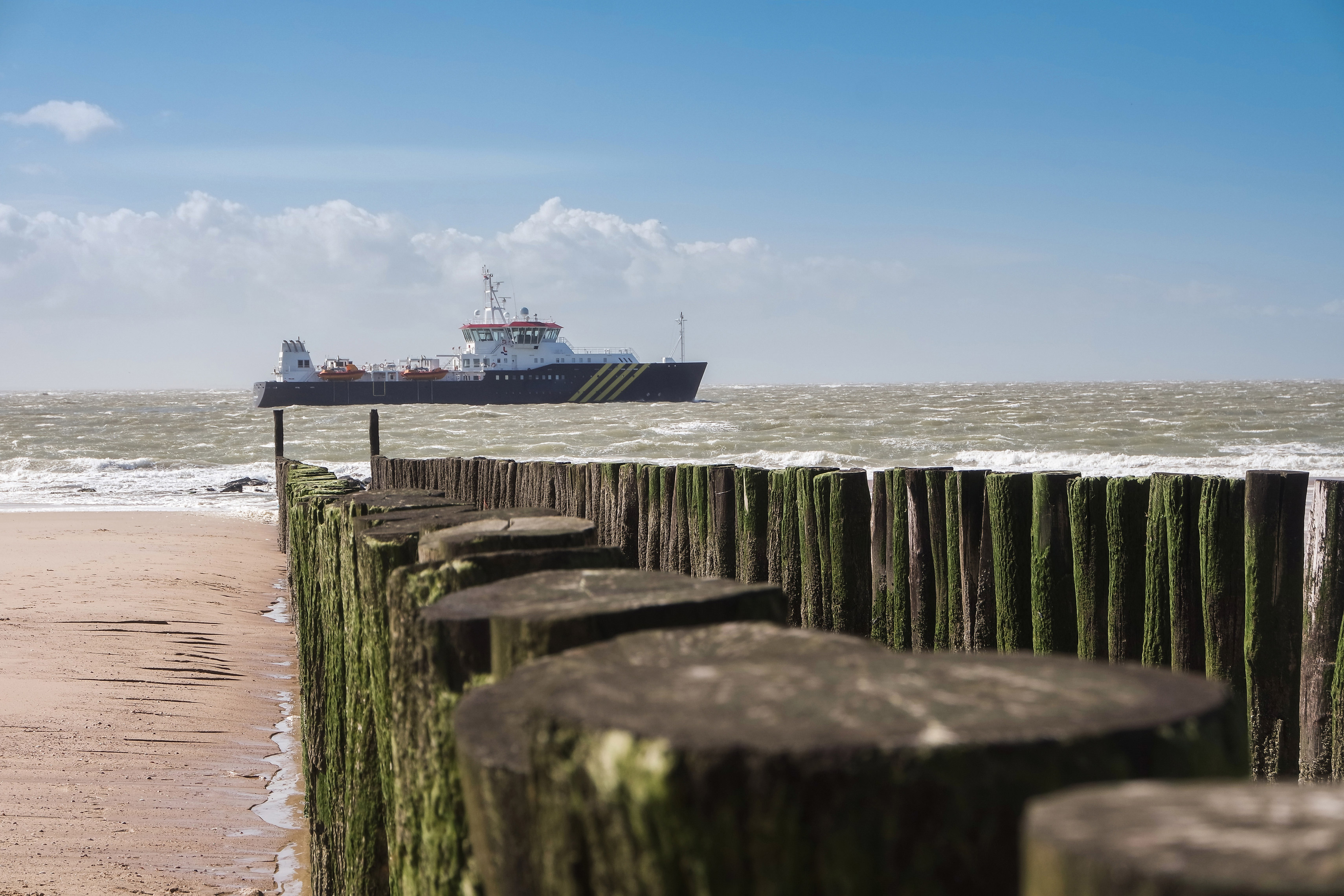Gas hydrates are icelike inclusion compounds comprising gas and water can be found mainly in the ocean floor. According to estimates, the amount of carbon stored within these compounds is larger than that of conventional natural gas, oil, and coal deposits. Not only could maritime gas hydrates supply natural gas in the form of methane, they could also be used to store CO2. Researchers at the Fraunhofer Institute for Environmental, Safety, and Energy Technology UMSICHT in Oberhausen are currently conducting laboratory and simulation experiments with the aim of finding ways to speed up the process. Their mathematical simulation model takes important variables into account, including temperature, pressure, and the distribution of the substances in question. The model can also determine the extraction rate based on the site of the deposit and the method of extraction.
